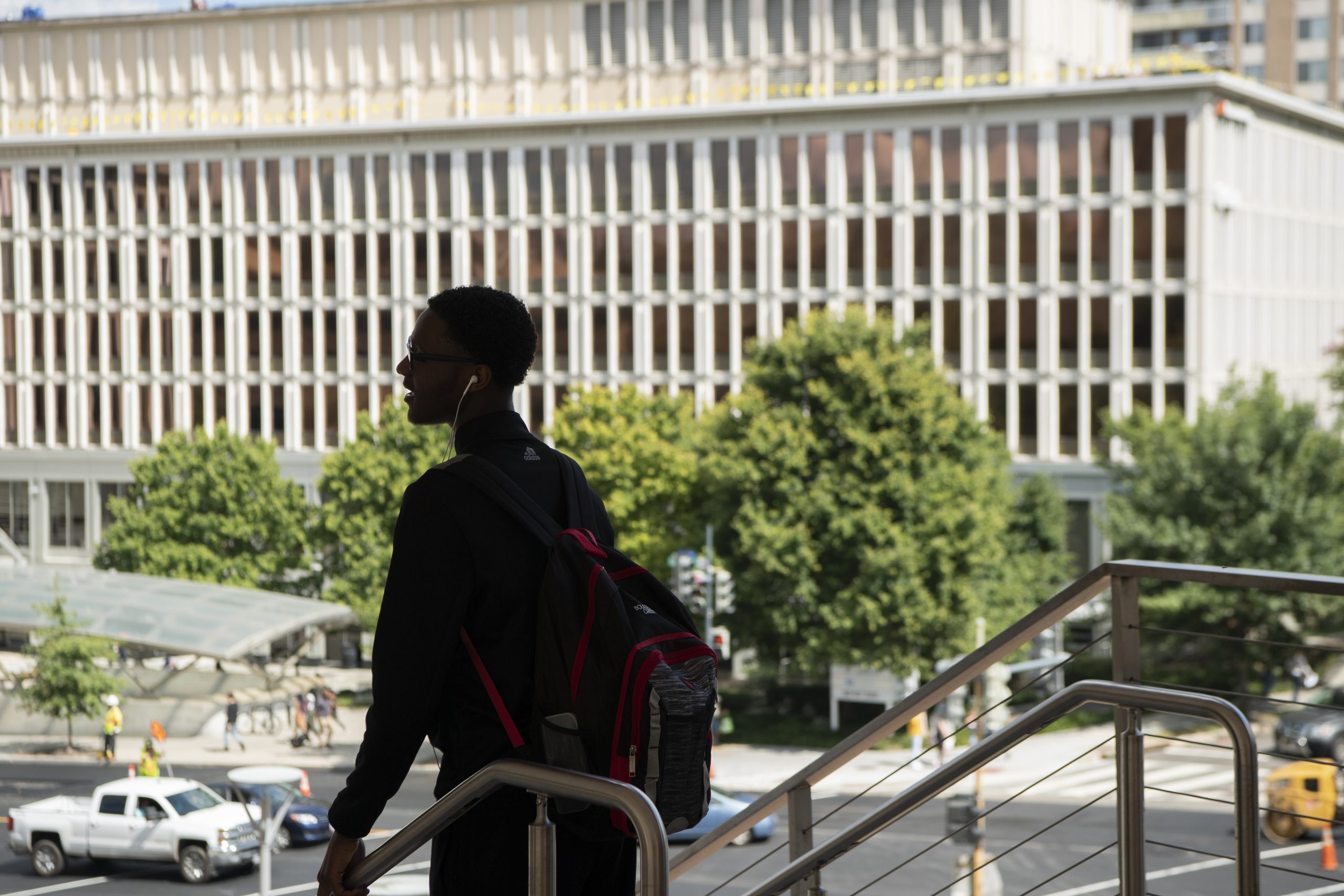COVID-19 – Be Informed > Be Safe
Protocol for Effective Fall 2023
On Sept. 22, 2023, the University of the District of Columbia updated its COVID-19 protocol to align with the most recent guidance from the CDC and DC Health Department. The below updates apply to all members of the UDC community and visitors to UDC sites:
- The university no longer monitors the number of positive cases on campus.
- University Health Services will provide testing to students and staff who become ill.
- University Health Services will maintain a supply of COVID-19 test kits.
New Variants of COVID-19
The EG.5 (Eris) and BA.2.86 (Pirola) variants have increased hospitalizations for those infected. Health officials monitor the severity of the variants, but symptoms for both strains are the same as previous COVID-19 strains. We appreciate the vigilance of the UDC community in keeping faculty, staff and students safe. Remember:
- Wash your hands.
- If you are sick, stay home and get tested if needed.
- Seek treatment if you have COVID-19 and are at increased risk of getting sick.
- Wear a high-quality N-95 mask snugly over your nose and mouth.
- Get vaccinated or boosted. New booster 2023-2024 shots for the Moderna and Pfizer vaccines are available.
- Improve ventilation.
Reporting Positive COVID-19 Cases
All positive COVID-19 cases must be reported to COVIDCONFIDENTIAL@udc.edu. If you suspect you have been exposed to the COVID-19 virus, please monitor your symptoms, wear a mask and self-test. A negative COVID-19 test result is no longer required to return to UDC campuses if you are asymptomatic and have isolated for at least five days following symptom onset. Those requesting telework for longer than 10 days will need a doctor’s note for justification. If you come into close contact with someone who tested positive, adhere to the CDC’s guidelines for close contact exposure, which include monitoring yourself for symptoms, wearing a mask and taking a COVID-19 test following the exposure.
CDC Guidance for COVID-19 Exposure
VIEW THE CDC’S GUIDELINES FOR PRECAUTIONS TO TAKE IF EXPOSED TO COVID-19
VISIT THE CDC’S WEBSITE FOR MORE INFORMATION AND TO USE THEIR ISOLATION AND EXPOSURE CALCULATOR






